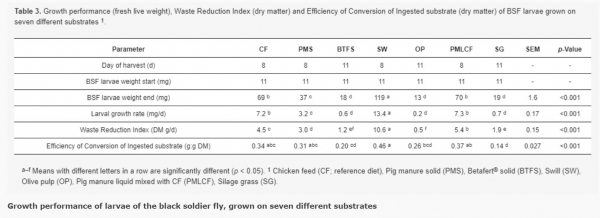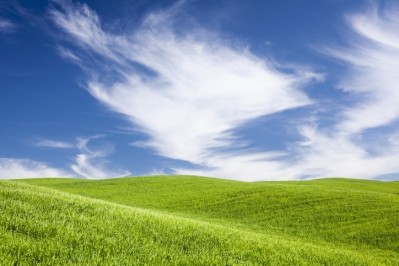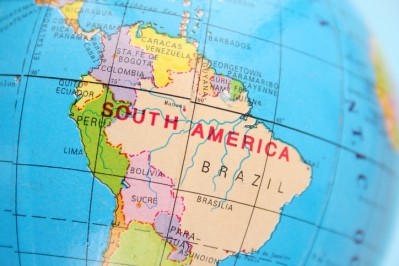What’s for dinner? Dutch researchers test novel waste streams for rearing insect larvae

Such waste streams, under EU regulations, are currently not permitted to be used as rearing substrates for insect larvae.
Teun Veldkamp and his colleagues conducted a trial in which they investigated the growth of larvae on different diets:
The researchers used seven plastic containers with thousands of larvae.
In each container, different substrates were provided:
- Catering waste (SW, waste from (fast food) restaurants)
- Solid pig manure (PMS)
- Liquid pig manure mixed with chicken feed (PMLCF),
- Digestate (BTFS, a by-product from the sugar industry)
- Olive pulp (OP)
- Roadside silage grass (SG)
- Control group: regular chicken feed (CF)
“The results were promising when it comes to catering waste and solid pig manure. The larvae that were fed catering waste even became almost twice as heavy as the control group.”
The researchers also measured the emissions above the containers.
For catering waste and pig manure, CO2 emissions were high, but ammonia was low.
The opposite was true for the underperforming olive pulp and silage grass. “And that makes sense,” said Veldkamp, “Olive pulp and roadside silage grass are rich in fiber and that is more difficult to digest, even for a larva.”
In follow-up research, the team looked at how the larvae grew on substrates that differed in chemical composition and also how this affected the chemical composition of the larvae and the frass, the combination of insect droppings, larvae skins from the different stages of development, and substrate that remains behind.
The findings of that study will be published in due course, said the team.
The research work is part of the Knowledge Base program run by the Dutch Ministry of Agriculture, Nature and Food Quality, aimed at promoting circular farming and food production.













